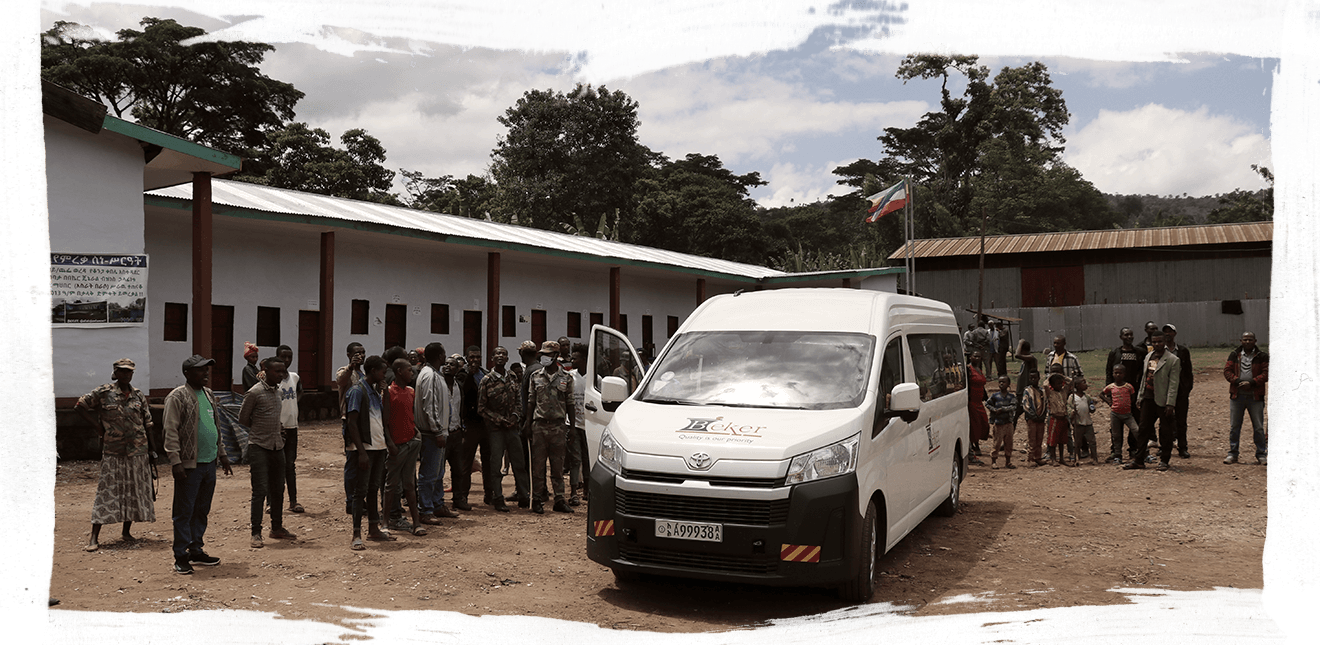Sustainable Coffee Production
From Crop to Cup
Supporting the local community and our farmers is the foundation of our business. In May 2021, we completed the construction of a new regional administration building (known locally as a Kebele) with 14 furnished offices. Construction is in progress on a new police station for Gedeo zone and a health clinic for the community. These projects are fully funded by Beker Coffee.


Beker Coffee’s close partnership with smallholders allowed us to develop innovative and sustainable procurement practices. We provide our neighbors with farming tools and equipment at the beginning of each season. Traditionally, coffee producers sell their crop during harvest season and must survive on that income until the following year. This is not sustainable as farmers struggle to survive for half of the year. We focused our coffee procurement on the livelihoods of our farmers, by using incentives that pay our farmers throughout the year.
We sign annual agreements with smallholders in Gedeo zone to sell us their coffee harvest. After we have procured the red coffee cherries, the farmers then begin seasonal employment at our processing stations and join our full-time staff to assist us in washing, drying and milling. Once our coffee processing is finalized and ready for market, we then pay our farmers a gratuity fee for every kg of red cherries sold. These practices are unique to our business in the coffee trade, and they have significantly impacted the livelihoods of our farmers in the Gedeo zone.
Trust is an important part of our family coffee business.
Beker Coffee bought our processing station and farm land from the locals of Gedeo in 2018. The former land owners are now a part of our company and assist us in sourcing coffee and managing the site.
Beker is a family-owned company that has been in business for over 25 years.


